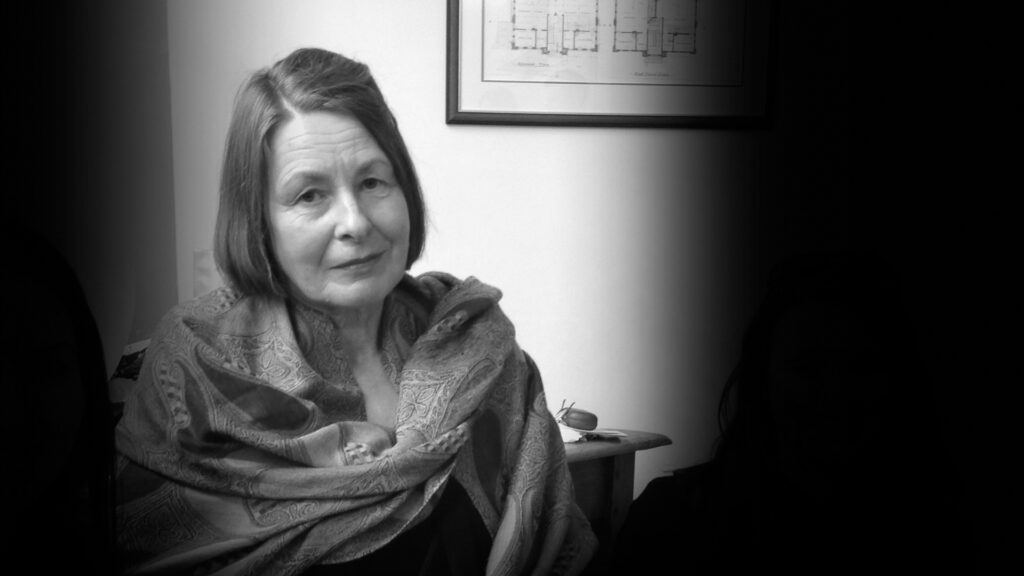Landmark inquiry into family migration an opportunity to fix broken system
The Human Rights Law Centre has welcomed a Senate inquiry into Australia’s family migration program as an opportunity to reform a broken system that has been failing families for years.
The long overdue investigation will examine the efficacy and fairness of the family visa system, and is expected to highlight systemic problems including massive delays, exorbitant visa costs and discriminatory policies disadvantaging people from refugee backgrounds.
Human Rights Law Centre Legal Director David Burke said:
“Families belong together. Reuniting people with their loved ones should be at the heart of our migration policies. But the current system is fundamentally broken. Through intentionally cruel policies and misadministration, the Federal Government is causing immense, needless suffering. Children are kept from their parents, and people are separated from their partners, for years on end.”
“This inquiry will lay bare the many ways the Government is currently failing families. The Morrison Government can and must do more to allow families to be together.”
Flaws in the family migration program
Most starkly, the Government is deliberately keeping refugee families apart, using family separation as a tool to punish and deter people from seeking safety. For many people who are recognised refugees, there is almost no prospect of reuniting with their loved ones.
But the family migration system can also pose insurmountable barriers for families of all backgrounds.
In recent times people who want to reunite with their loved ones have been left in limbo by a growing backlog of visa applications. At the end of the last financial year there were more than 200,000 people waiting for a family visa.
Some types of visas for parents and other relatives have an expected waiting time of more than 30 years. The only way to avoid the extraordinary waiting period is to apply for a different type of parent visa, which costs almost $50,000.
Mr Burke warned that the family migration program is deeply unequal:
“It shouldn’t take years of waiting and thousands of dollars for people to be able to be with their loved ones. For many families, exorbitant visa fees mean that a life together is simply out of reach. The right to be together as a family should never be determined by wealth.”
Pandemic recovery as an opportunity for reform
As Australia looks to recommence migration following the unprecedented border restrictions associated with COVID-19, the Senate inquiry offers a unique opportunity for reform.
“During the COVID-19 pandemic, we all experienced how important our connections to loved ones are. Yet many people around Australia have suffered separation from their family for years.
“As we focus on recovery, the Morrison Government has a choice. It can return to a system that punishes and deprioritises refugee families and forces families of all backgrounds to endure extraordinary costs and waiting times to be together. Or it could instead recognise the importance of family, and urgently prioritise reuniting people who are separated from loved ones. A fairer family migration system can play a crucial role in our recovery as Australia begins to reconnect with the rest of the world.”
Media contact:
Evan Schuurman, Media and Communications Manager, 0406 117 937

Legal challenge filed against Tasmanian Parole Board’s decision to gag free speech
The Human Rights Law Centre has filed legal proceedings on behalf of Tasmanian grandmother, Susan Neill-Fraser, to challenge a restrictive parole condition placed on her by the Tasmanian Parole Board seeking to limit her ability to speak to the media.
Read more
University of Melbourne urged to drop repressive anti-protest and surveillance policies
The University of Melbourne is being urged to abandon policy changes that restrict staff and students’ right to protest and permit the widespread surveillance of people using their wifi network.
Read more
Expanded protections for marginalised groups welcomed in Allan Government’s anti-vilification laws
The Human Rights Law Centre welcomes the additional protections for marginalised groups in anti-vilification laws passed today by the Allan Government. These laws expand protections from vilification to include people from LGBTIQA+ and disability communities, and provide communities with important civil law avenues to address vilification.
Read more


